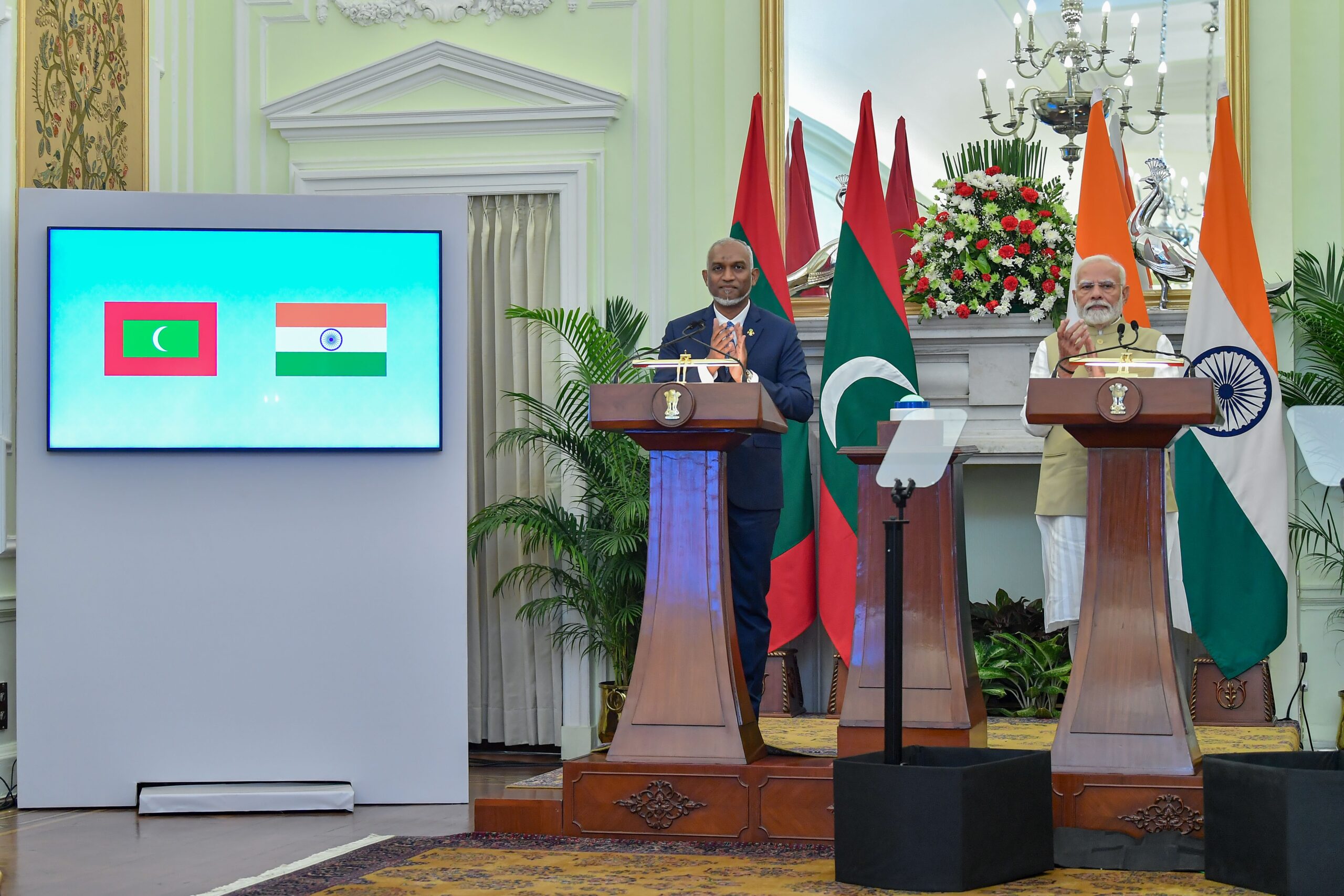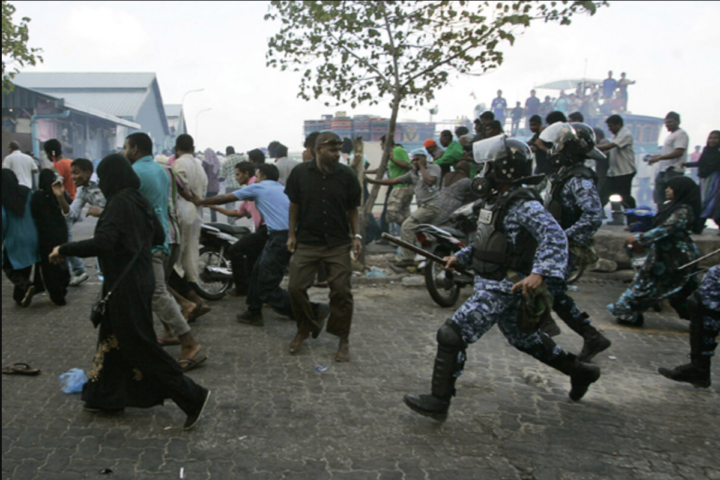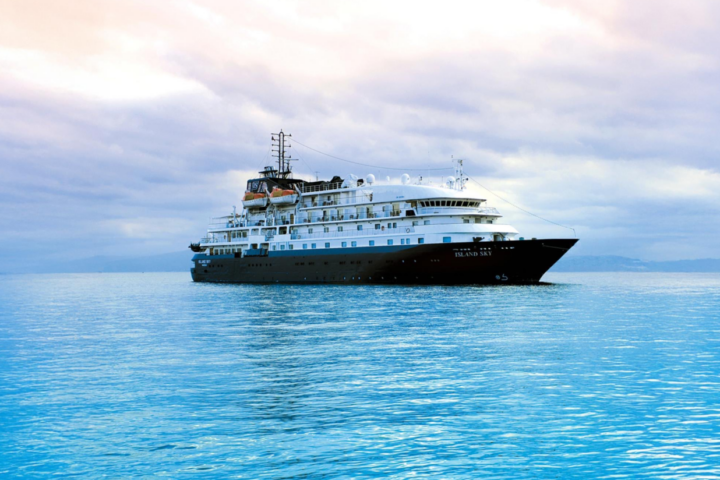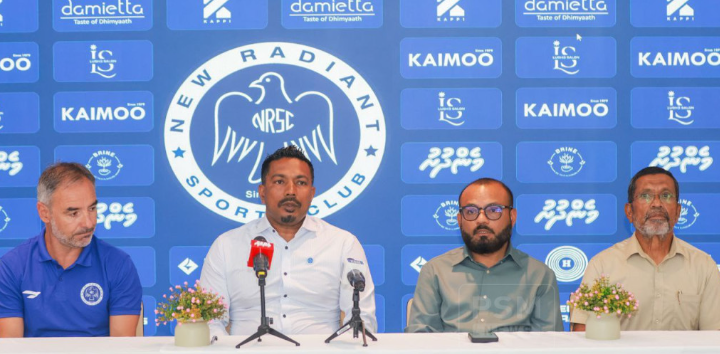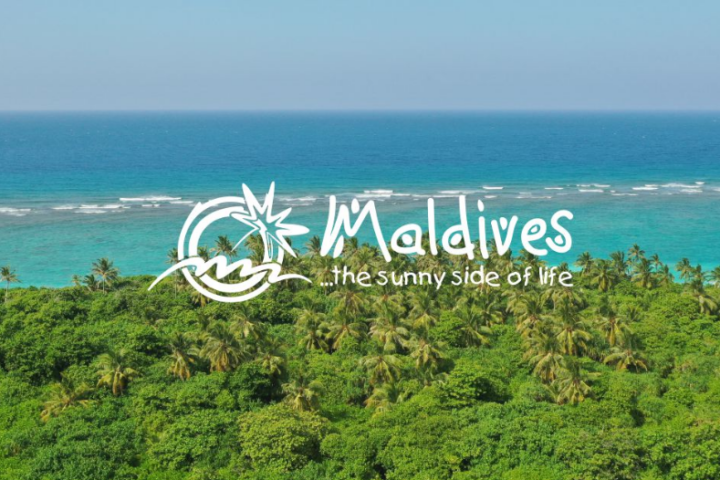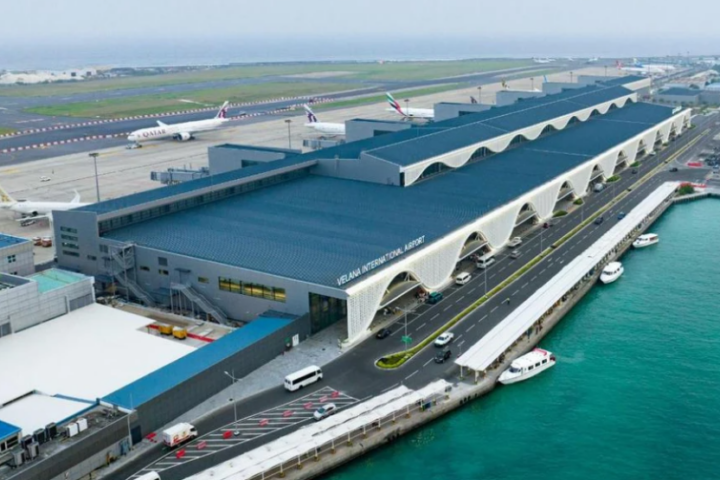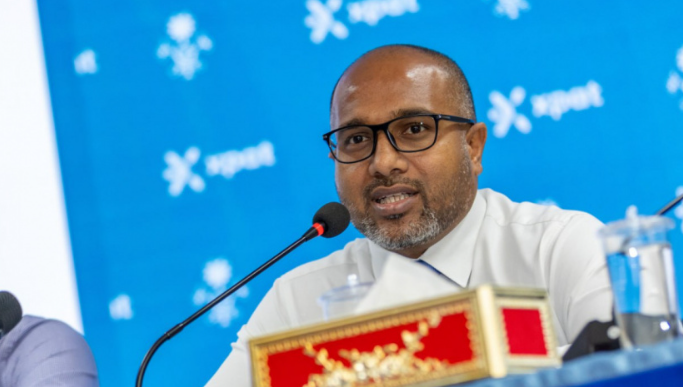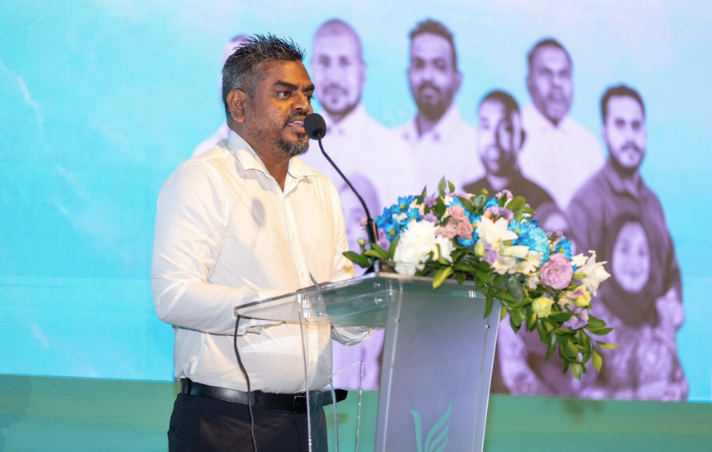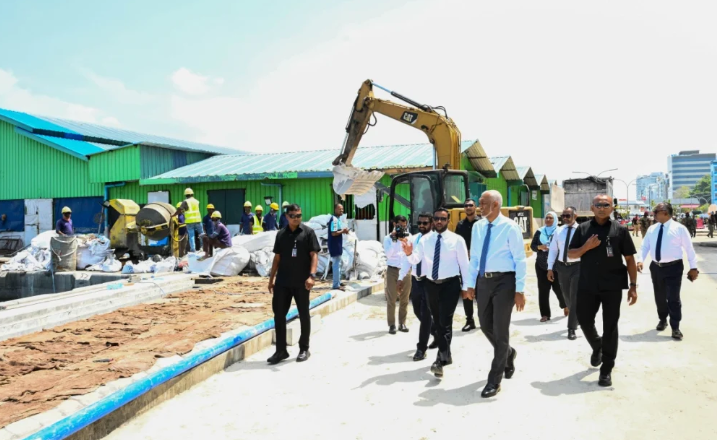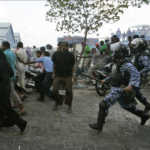New Delhi, India – In a landmark meeting held today President Dr. Mohamed Muizzu and Prime Minister Narendra Modi reaffirmed the deep-rooted ties between their nations, charting a course for a new era of cooperation. Both leaders emphasized the historic and enduring relationship that has contributed to the prosperity, stability, and security of both countries, particularly within the Indian Ocean region.
Prime Minister Modi, highlighting India’s ‘Neighbourhood First’ policy and Vision SAGAR, remarked, “The partnership between India and the Maldives is built on shared values and mutual respect. India remains committed to assisting the Maldives in its developmental journey.” President Muizzu, in turn, expressed his deep appreciation for India’s timely financial support. “India’s financial assistance, including the rollover of USD 100 million in T-bills subscribed by the State Bank of India and the extension of USD 400 million and INR 30 billion under the currency swap agreement, has been crucial in addressing our ongoing financial challenges,” he said, recognizing India’s role as a ‘First Responder’ to the Maldives, including during crises like the 2014 water shortage and the Covid-19 pandemic.
Strengthening Economic Cooperation and Infrastructure Development
In a bid to deepen bilateral ties, the two leaders agreed on a series of major infrastructure and social projects. Among these was the acceleration of the flagship Greater Malé Connectivity Project (GMCP), which is poised to transform the Maldives’ connectivity with India. The discussion also covered the development of a state-of-the-art commercial port at Thilafushi Island, with India pledging continued support across sectors such as ports, airports, housing, hospitals, and water and sewerage systems.
A significant focus was placed on the potential of Hanimaadhoo and Gan airports, which are being developed with Indian assistance. Both sides agreed to strengthen air connectivity and explore investment opportunities for the efficient management of these airports. The leaders also announced joint efforts to establish an “Agriculture Economic Zone” and bolster tourism investments in Haa Dhaalu atoll, alongside developing a fish processing and canning facility in Haa Alifu atoll.
Additionally, President Muizzu and Prime Minister Modi highlighted the importance of economic diversification, agreeing to strengthen cooperation in agriculture, fisheries, oceanography, and the blue economy. Establishing academic linkages and expanding research and development initiatives were key points of agreement, aimed at promoting sustainable growth for the Maldives.
Digital and Financial Integration
The launch of RuPay cards in the Maldives, simplifying transactions for Indian tourists, marked another milestone in digital and financial cooperation. Both leaders pledged to extend similar services for Maldivian nationals visiting India, while also focusing on the introduction of digital public infrastructure and e-governance systems. The discussions also touched upon initiating talks for a Bilateral Free Trade Agreement (FTA) and operationalizing trade settlements in local currencies, which will reduce dependency on foreign exchange and strengthen economic linkages.
Enhancing Defense and Maritime Security
Given the growing security challenges in the Indian Ocean region, both countries affirmed their commitment to enhancing maritime and defense cooperation. The ongoing Maldives National Defence Force (MNDF) ‘Ekatha’ harbor project at Uthuru Thila Falhu (UTF) was noted as a critical initiative to boost MNDF’s operational capabilities. Prime Minister Modi reiterated India’s support for the Maldives’ defense requirements, including the provision of radar systems and hydrographic surveys to enhance MNDF’s surveillance and monitoring capabilities.
The leaders also agreed on joint initiatives to improve the Maldives’ ability to undertake emergency medical evacuations, as well as to provide assets and platforms to augment MNDF’s maritime capabilities. These measures aim to secure the region from threats such as piracy, terrorism, and illegal fishing.
Health and Social Development Cooperation
Health cooperation was another major area of focus, with both leaders agreeing to work together on improving mental health services, supporting the establishment of rehabilitation centers, and training healthcare professionals. President Muizzu welcomed India’s support in recognizing the Indian pharmacopoeia and setting up Jan Aushadhi Kendras across the Maldives, which will provide affordable and quality generic medicines.
Both countries will collaborate on health research initiatives, addressing public health challenges such as cancer and infertility, and share expertise on drug de-addiction and rehabilitation programs.
Expanding People-to-People and Cultural Linkages
The leaders also underscored the importance of people-to-people ties, announcing plans to establish consulates in Bengaluru and Addu City to facilitate trade and economic cooperation. Educational and cultural exchanges are set to increase, with the establishment of an ICCR Chair at the Maldives National University and the expansion of higher education institutions and skilling centers, particularly focusing on women-led development initiatives.
The talks between President Muizzu and Prime Minister Modi set the stage for a new era of Comprehensive Economic and Maritime Security Partnership between the Maldives and India. “Today’s discussions have set the stage for a partnership that is people-centric, resilient, and future-ready,” President Muizzu said. Both leaders directed officials to promptly implement the outlined cooperation frameworks, overseeing progress through a newly constituted High-Level Core Group.
Prime Minister Modi echoed this sentiment, emphasizing, “India is a trusted partner of the Maldives, and together we will continue to advance peace, security, and prosperity in the Indian Ocean region.”
